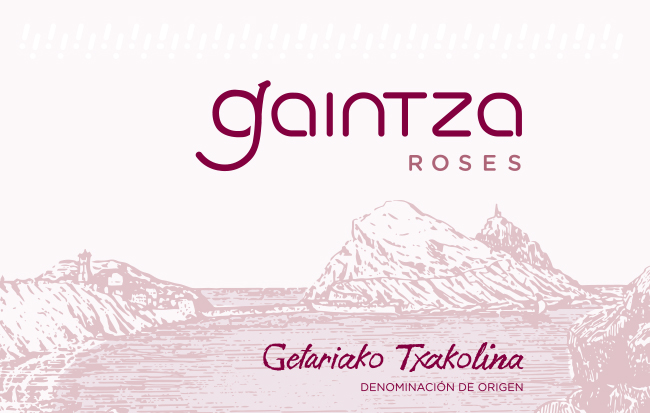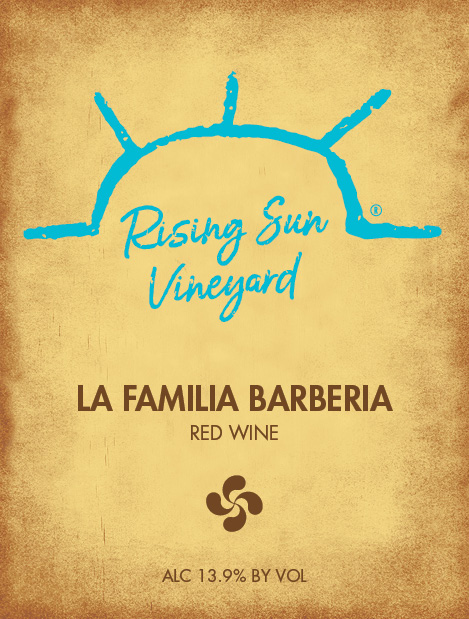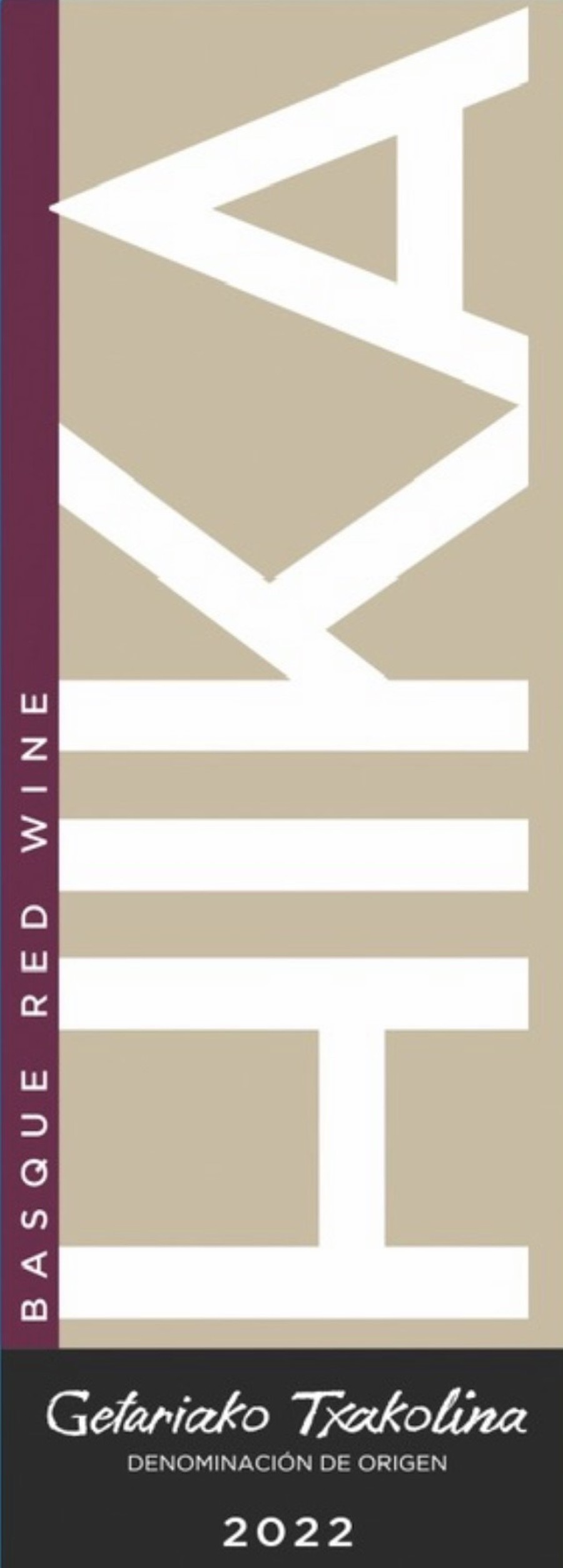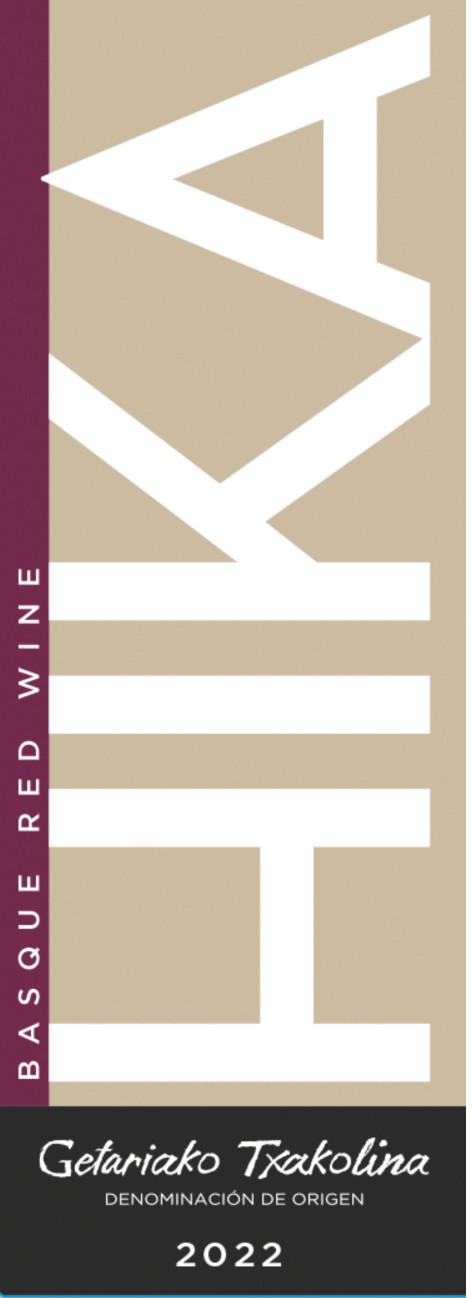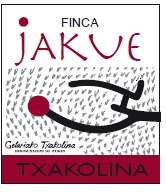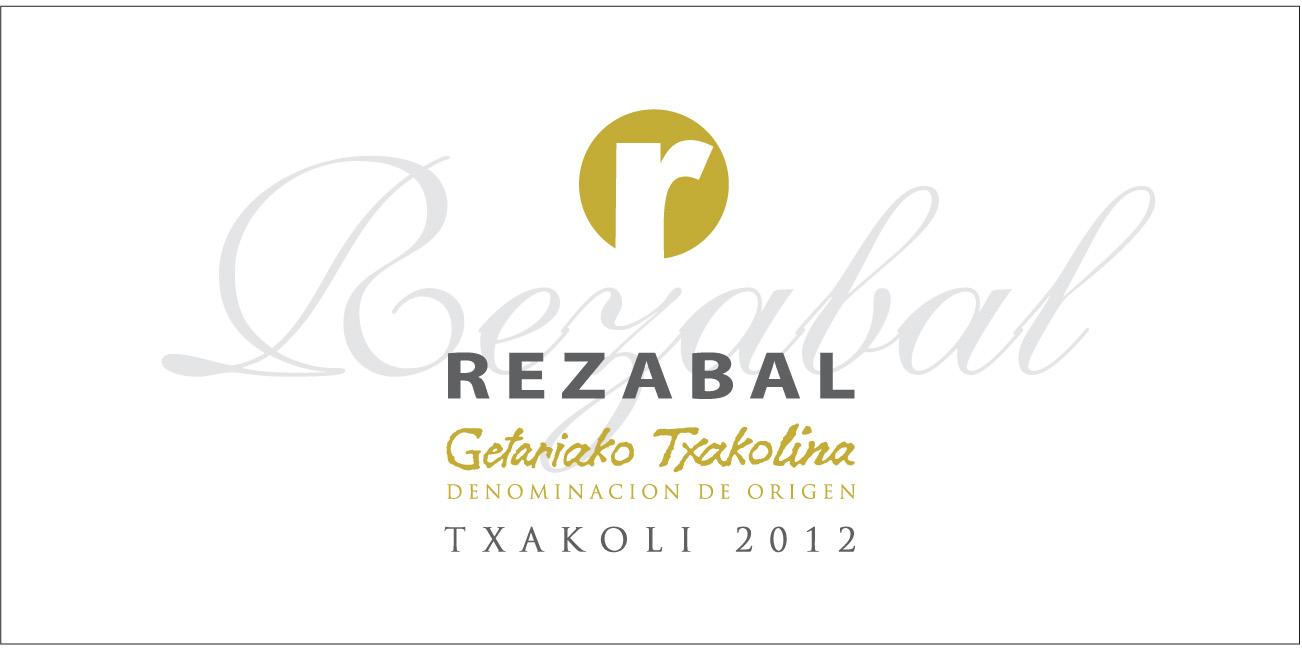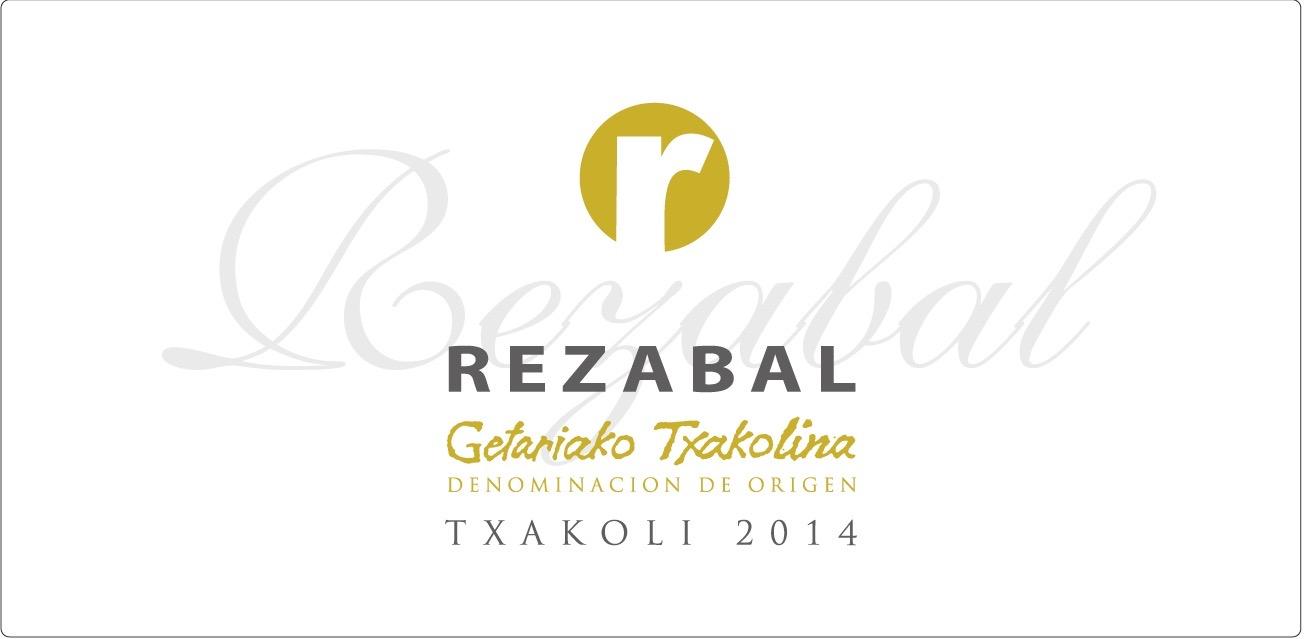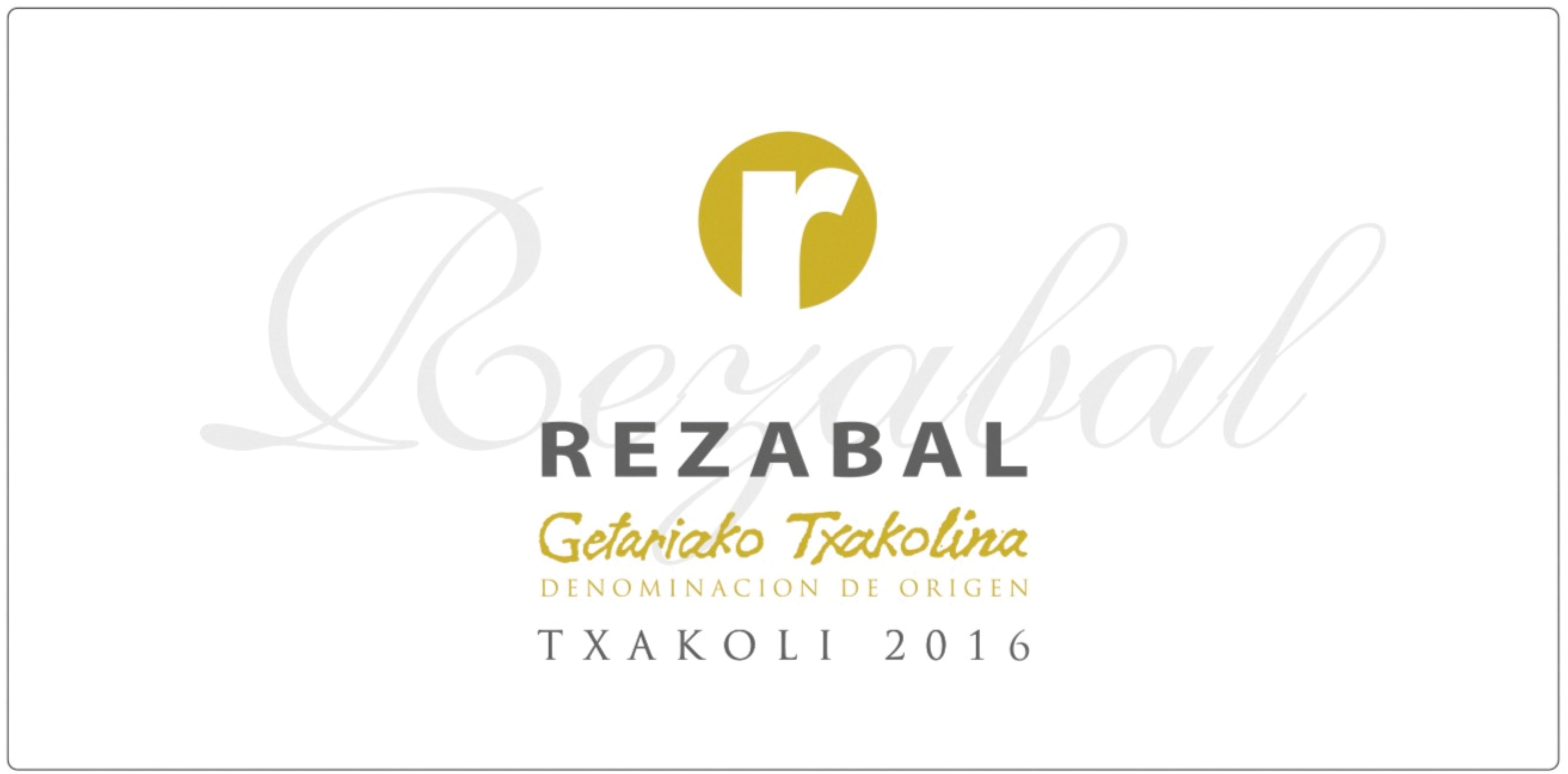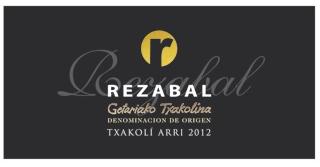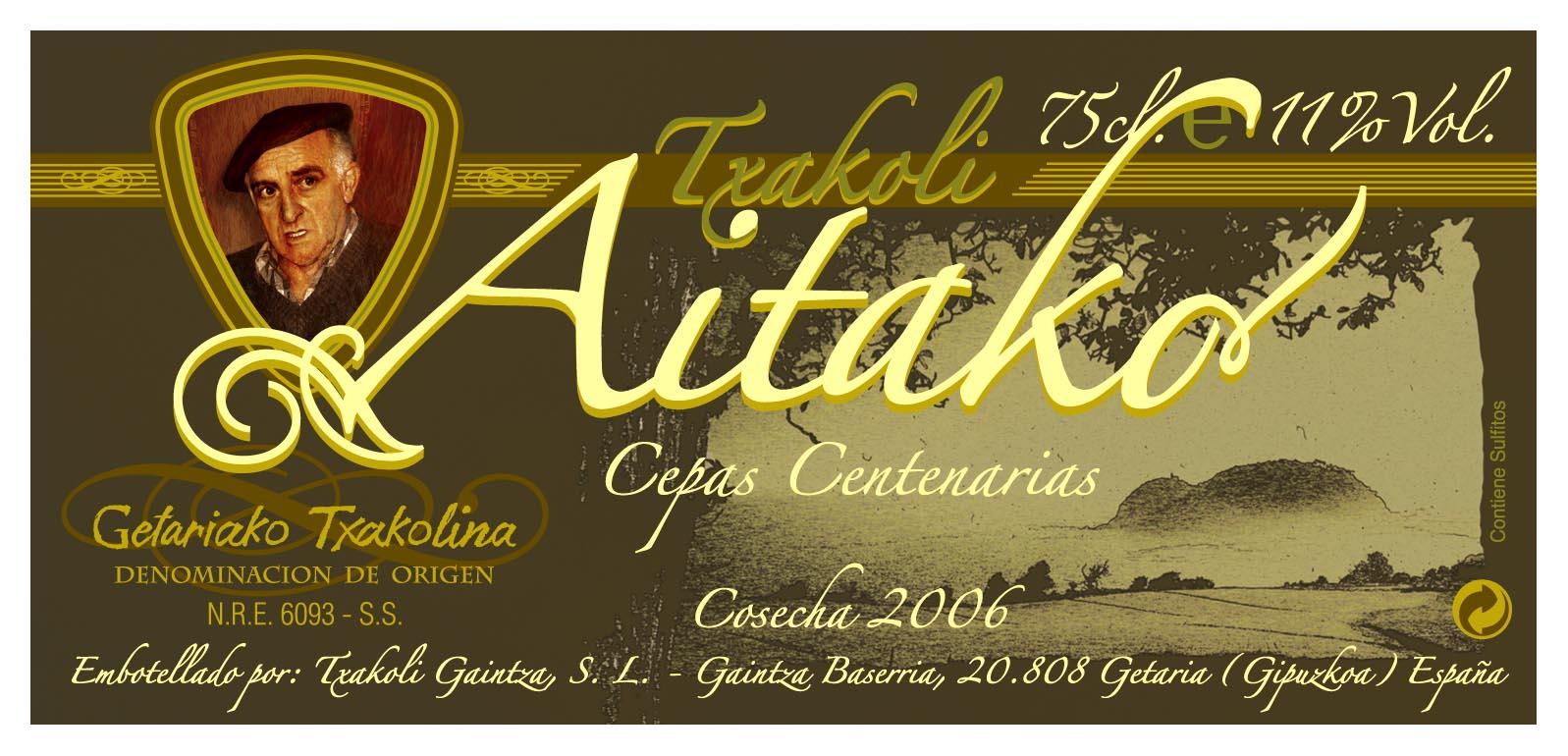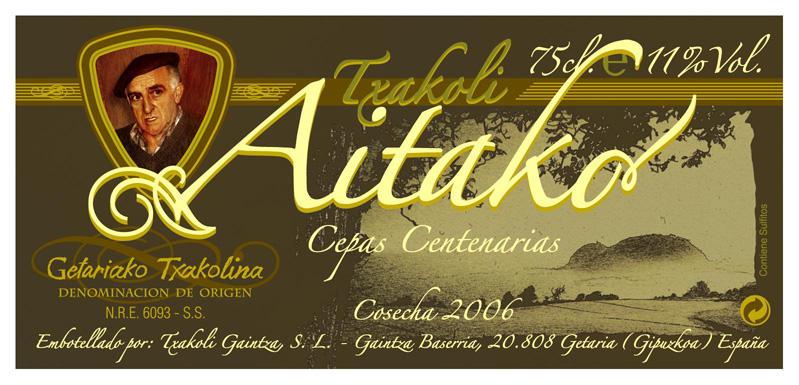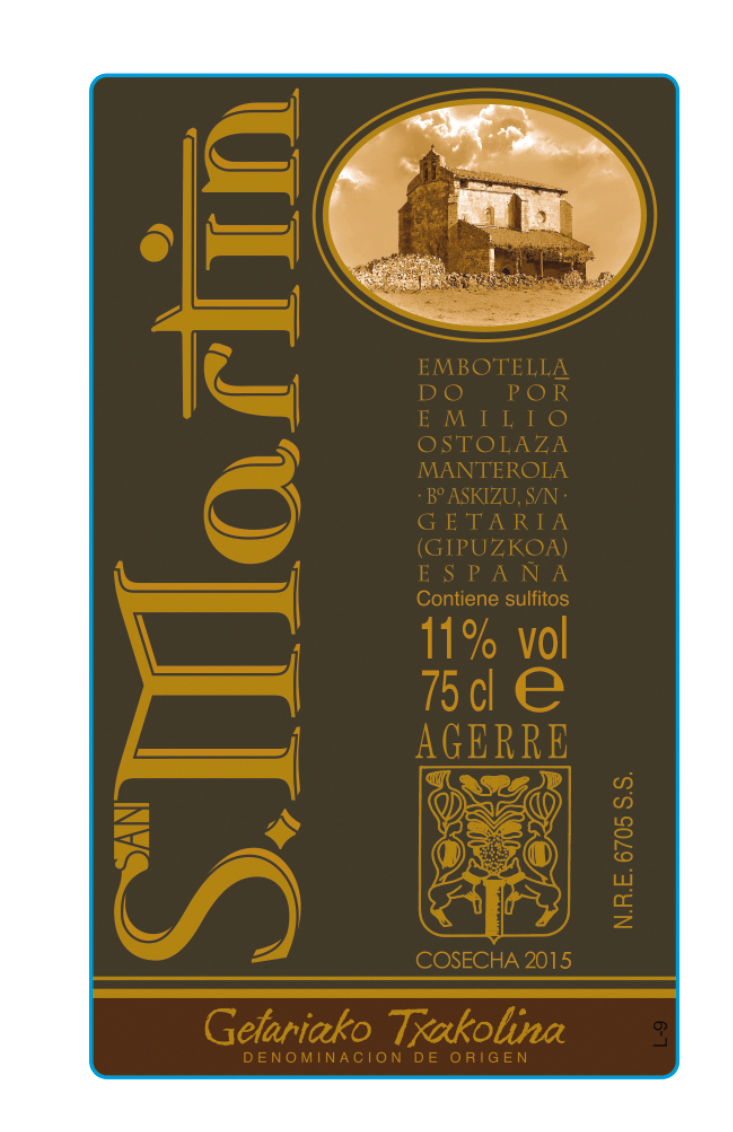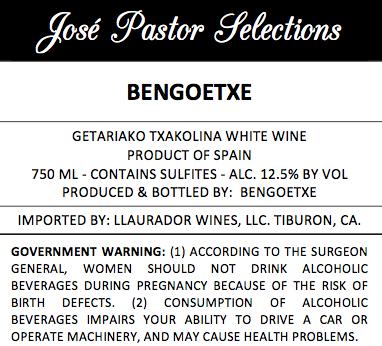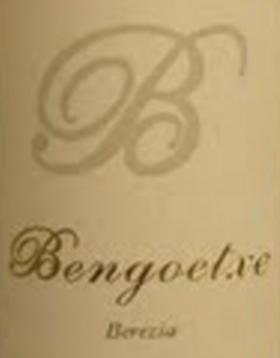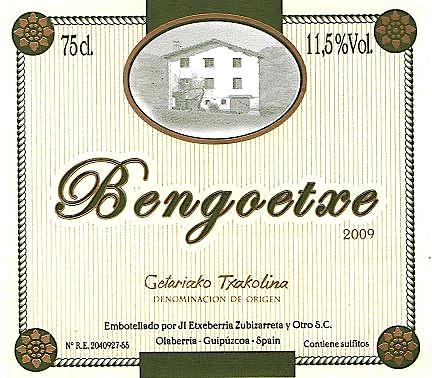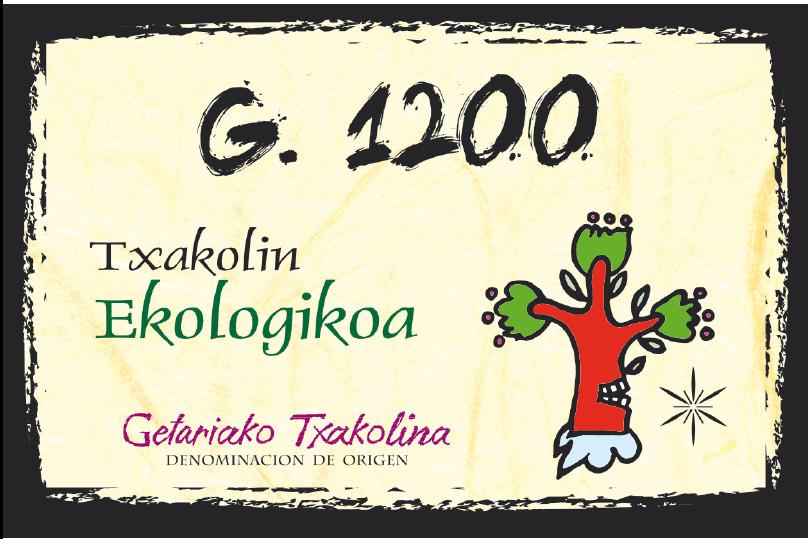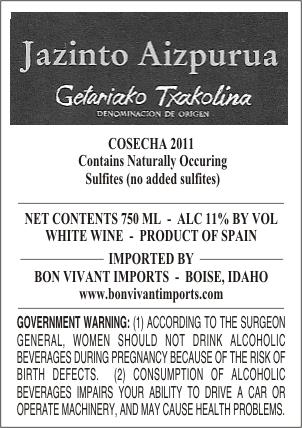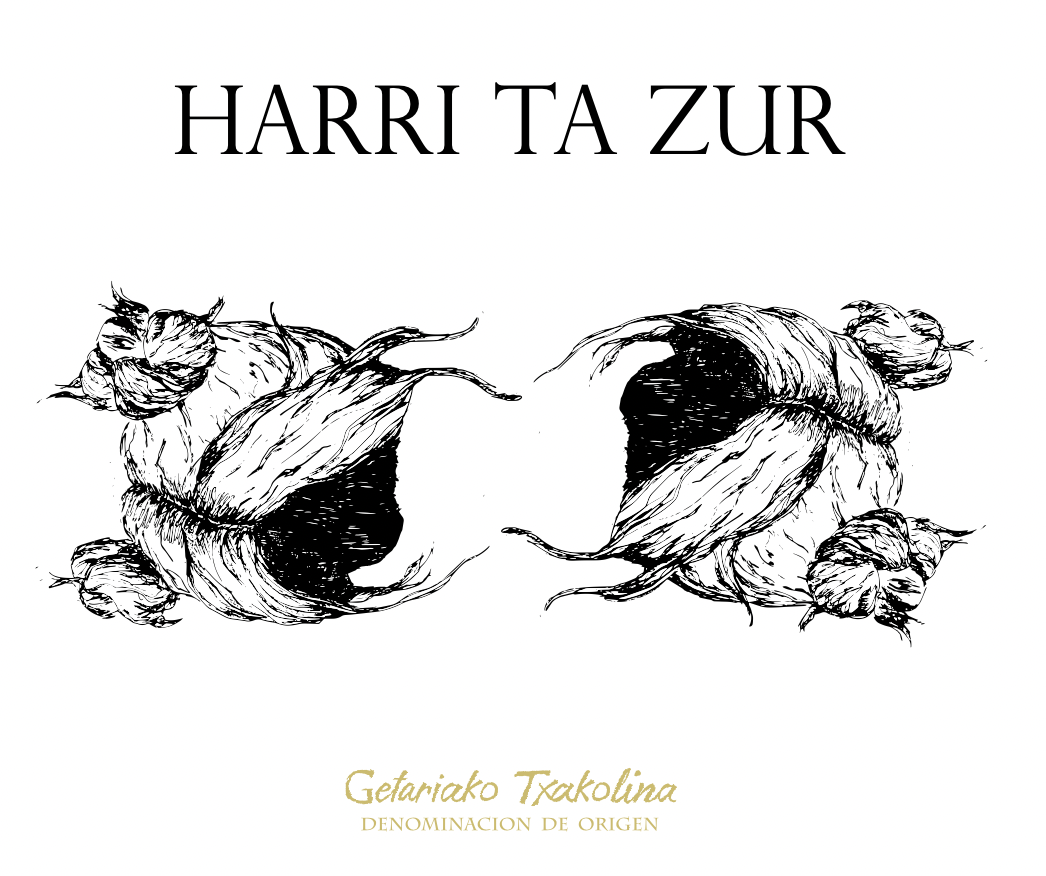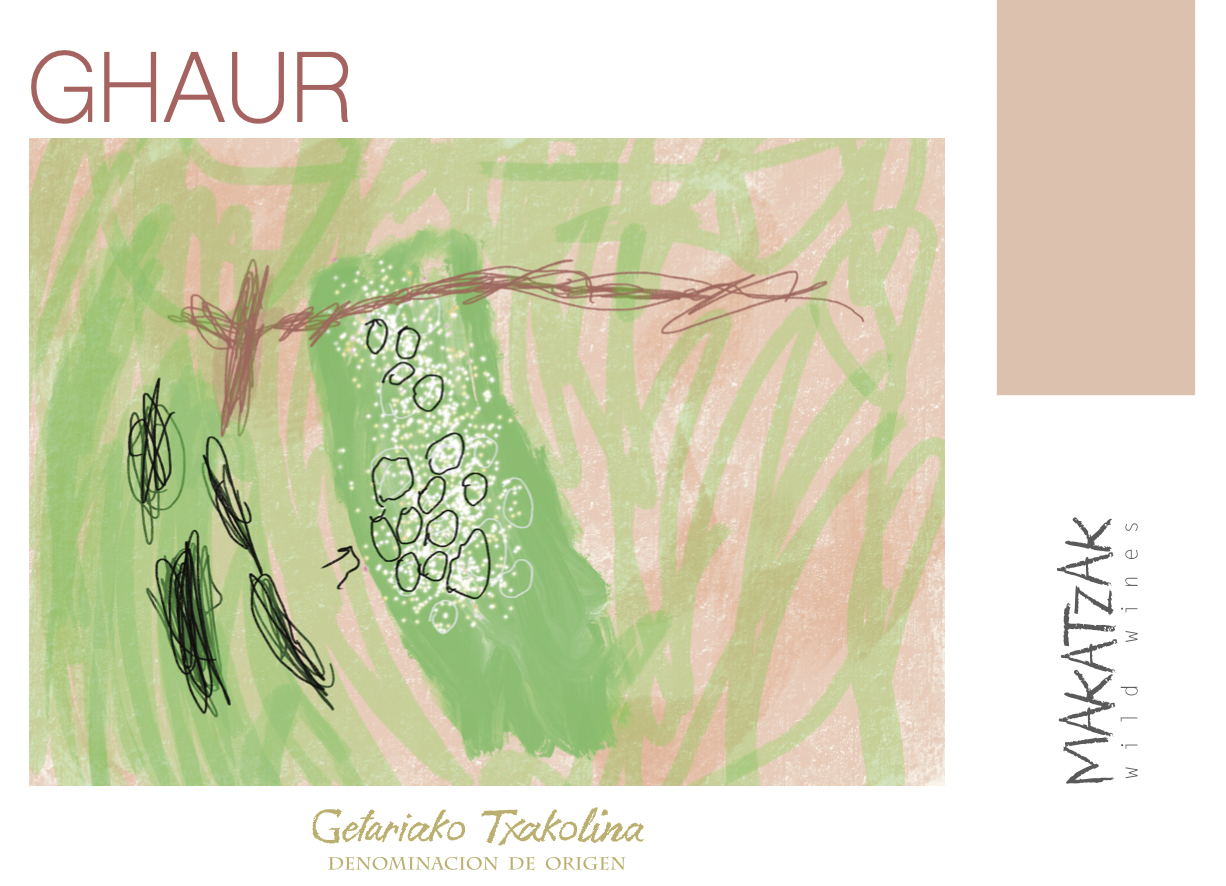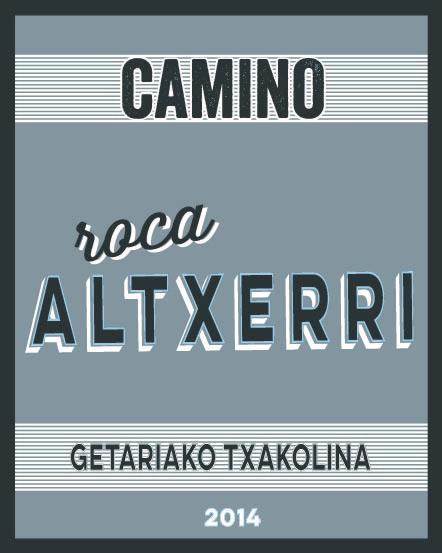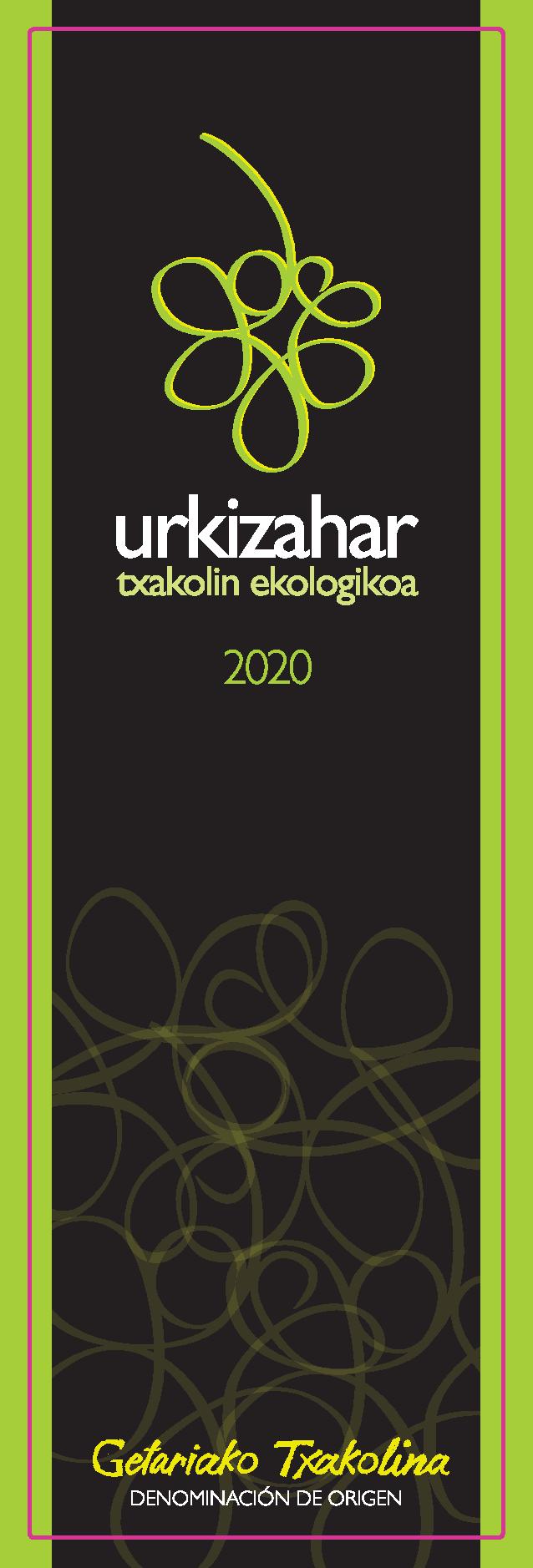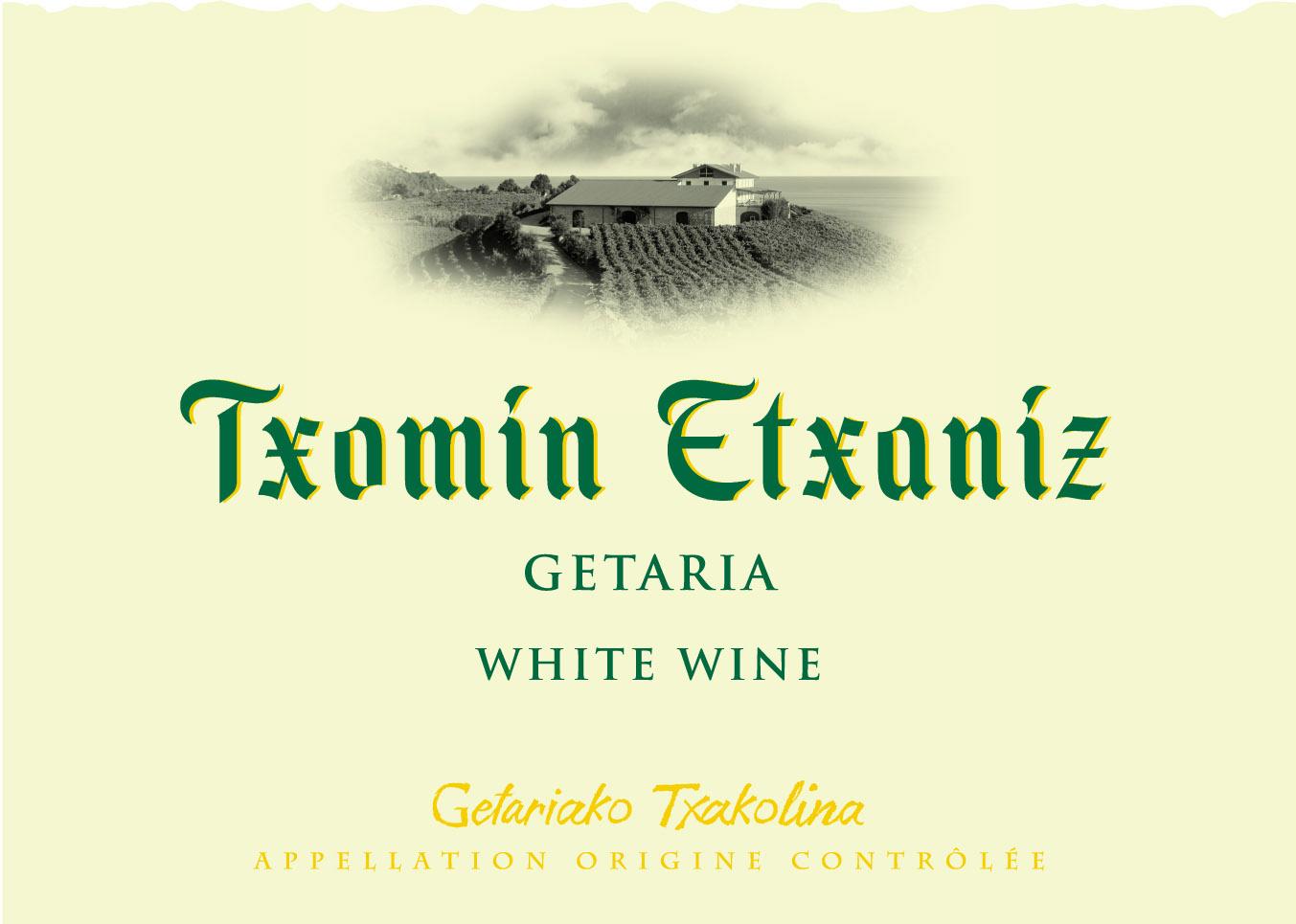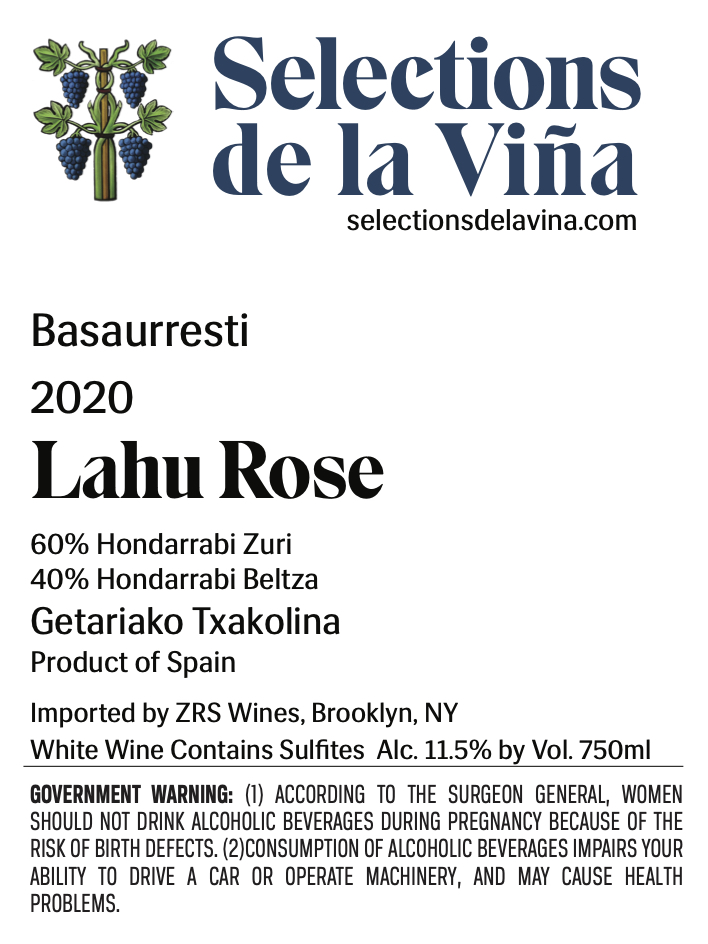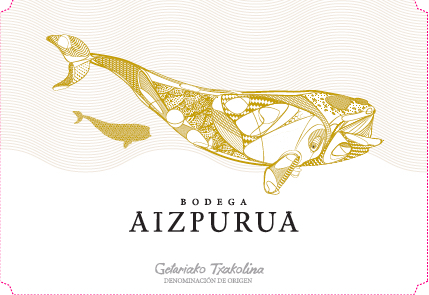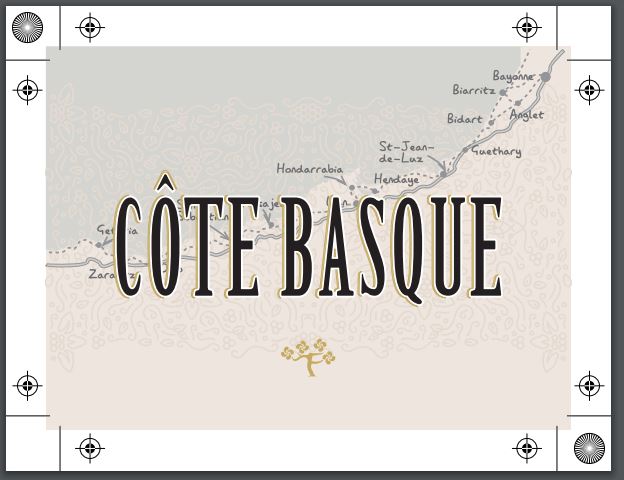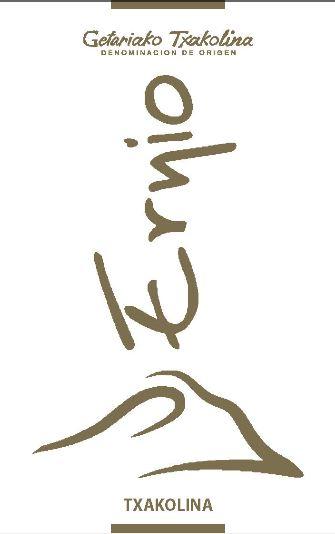Terroir of Basque Country
The Basque Country's terroir features diverse landscapes influenced by the Atlantic Ocean and mountains, creating various microclimates. Coastal areas, famous for Txakoli and Irouléguy wines, have a cool, humid climate due to the Bay of Biscay. This leads to high rainfall, which helps develop grapes with vibrant acidity. Vineyards are often on steep slopes to catch the sun and are protected by hills from strong winds.
In contrast, the inland Rioja Alavesa enjoys a warmer, drier climate, shielded by the Sierra de Cantabria. This sunny environment is perfect for Tempranillo, ensuring the grapes ripen well and develop complexity. The region's diverse soils, from clay to chalky-limestone, provide good drainage and add unique character to the wines. Across the Basque Country, traditional terraced vineyards require careful hand cultivation, preserving the area's rich winemaking heritage.
Notable Wineries in Basque Country
The Basque Country's winemaking legacy is celebrated through its notable wineries, each contributing unique expressions of the region's diverse terroir. In Getariako Txakolina, Txomin Etxaniz stands as the oldest estate, blending tradition with innovation. Ameztoi is renowned for its vibrant rosé, while Gaintza offers wines with a distinctive saline character.
In Bizkaiko Txakolina, Itsasmendi leads with pioneering aged Txakoli, and Gorka Izagirre elevates Biscay Txakoli with modern techniques. Astobiza in Arabako Txakolina excels in sustainability with its estate-grown wines.
Rioja Alavesa boasts icons like Marqués de Riscal, known for its historic Bordeaux methods, and Bodegas Ysios, celebrated for its striking architecture. Lastly, Remírez de Ganuza innovates with meticulous grape selection.
Sustainable Winemaking in Basque Country
The Basque Country is embracing sustainable winemaking with a focus on organic and biodynamic practices to protect its diverse terroir and cultural heritage. Coastal areas, like the humid Txakoli regions, face challenges from fungal diseases, yet many producers are committed to eco-friendly methods despite the difficulties.
In Irouléguy, sustainability is a central theme, with a strong emphasis on biodiversity and certified organic production. Meanwhile, Rioja Alavesa's drier climate is ideal for new winemakers who prioritize biodynamic farming and low-intervention winemaking.
These efforts reflect a deep respect for the land, aiming to produce wines that truly express the Basque landscape. The movement towards sustainable practices, whether certified organic or not, highlights the region's dedication to preserving its natural environment and producing high-quality wines that honor its rich winemaking tradition.
Wine Tourism in Basque Country
Wine tourism in the Basque Country offers a vibrant mix of culinary adventures, scenic landscapes, and cultural experiences. Visitors can explore the Rioja Alavesa Wine Route, home to ancient cellars and modern architectural marvels, or wander the coastal Txakoli regions known for their breathtaking vistas and cozy wineries.
Each area provides a unique taste of the local terroir, from the zesty Txakoli wines to the robust reds of Rioja Alavesa. Festivals like the Haro Wine Festival and the Rioja Alavesa Wine Harvest Festival offer immersive experiences, celebrating the region's wine heritage.
With a strong focus on sustainable practices, many wineries are dedicated to preserving the environment. The Basque Country's wine tourism seamlessly blends its rich history, innovative winemaking, and deep respect for the land, creating a compelling destination for wine enthusiasts.



